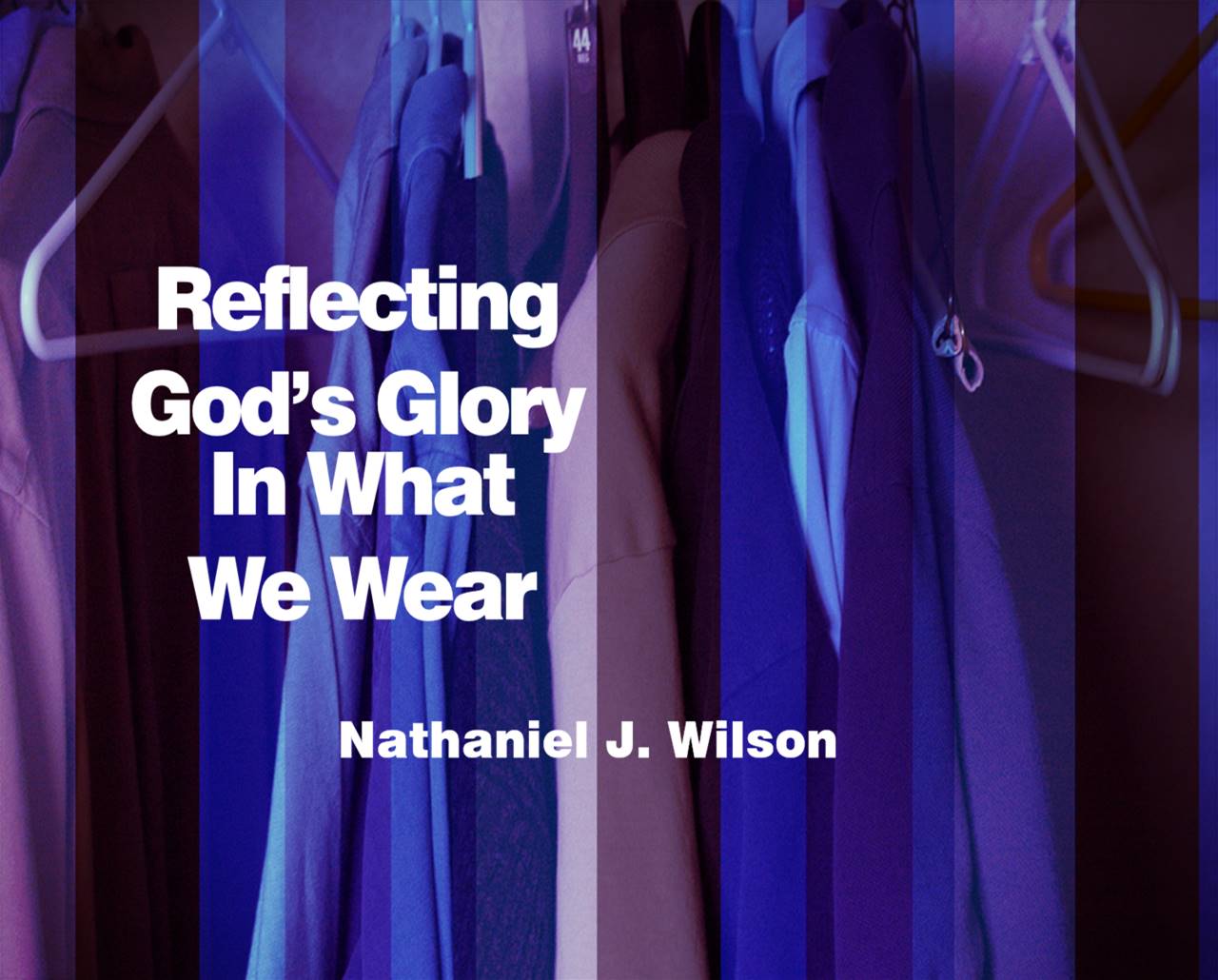Man as he was created in the garden (before the fall) was in what is called his “essential” state – that is, he was found there in his undiluted “essence” (from which we get “essential”). After the fall, we find man as he “exists”, or in an “existential” state. Obviously, his “existential” state is quite different from his “essential” state, for he has lost the glory, and therefore recognizes himself as being naked.
To View the Entire Article, Click Here
To Download the Article Directly to Your Computer, Click Here
To View the Outline, Click Here
To View the PowerPoint, Click Here
By Nathaniel J. Wilson
Nudist colonies declare that man wasn’t made to wear clothes – that clothes are in fact unnatural. They will tell you that man, to be perfectly natural, should not have to wear materials foreign to his/her created state. After all, none of the other animals wear little jackets with ties, or little dresses with pretty bows and high-heel shoes, and they look perfectly fine. Indeed, we don’t give it a second thought. No one gets up in the morning and worries what the family dog (or cat) should wear today. They look “complete” with no clothing other than what nature provides. Whether it be in the form of fur, hair, scales, feathers, or whatever, all of them are provided by nature with what they need. So the nudist “buff’ says, “Why the fuss about clothes for people? If we had been meant to wear clothes, they would’ve been provided by nature”.
This is not just silliness. This is an important subject. One only has to think of the multi-million dollar clothing industry to realize how basic the subject of clothing is to our humanness. Also, consider how closely tied one’s sense-of-self is to how one is dressed. Lastly, we all know that clothing, and how it is used, is a highly sophisticated form of communication to those about us. Clothes talk. How one dresses makes a statement about an individual. This is true whether one is “dressing down”, or “dressing up”. The whole fashion industry understands and depends upon this fact that “clothes talk”. Fashion designers are manipulative experts. Fortunes are spent in the most sophisticated kinds of research to learn and master this art. The populace at large is kept jumping like a puppet on a string, breathlessly rushing from the old to the new, trying to make sure they are “up-to-date”. Millions, screaming at the top of their lungs that “I am an individual!”, hurry from one magazine to the next making sure they are buying what is fashionably correct so that they can be sure to express their individuality the exact same way that everyone else is expressing theirs. Yes, indeed, clothing plays a very, very, large role among us financially, socially, and psychologically. It also plays a role spiritually.
I agree with the nudists that clothes are not natural. The animals are proof of this point. The life within the animals naturally provides them with a covering. So why should man be different? The answer to this lies above in the first two sentences of this section called “Dress”. First, we stated that clothes are “unnatural”. Second, we stated that man shouldn’t have to wear them in his “created state”.
The problem is, man is not presently in his “created state”. The present state in which we find ourselves is not the created state. This can probably be expressed better by using different terminology.
Man as he was created in the garden (before the fall) was in what is called his “essential” state – that is, he was found there in his undiluted “essence” (from which we get “essential”). After the fall, we find man as he “exists”, or in an “existential” state. Obviously, his “existential” state is quite different from his “essential” state, for he has lost the glory, and therefore recognizes himself as being naked. In his “essential” state, man was as God created him complete, whole, completely alive. As such, we have before stated that there is much evidence that he was not naked at all, but was rather clothed with the glory of God.
One very strong proof of this is that Christ is called “the second man”, and “the last Adam” (I Cor. 15:45,47). He is portrayed as having regained the essence for mankind that the first Adam lost through disobedience. In re-attaining this essence, scripture clearly declares that “the glory” (which Adam had lost) is restored to Him (Rev. 5:13). There is no reason to believe that the restored glory appeared any different than the original glory. Thus, repeatedly we see Him whether in His divinity or His victorious human state as being glorious
To View the Entire Article, Click Here
To Download the Article Directly to Your Computer, Click Here



